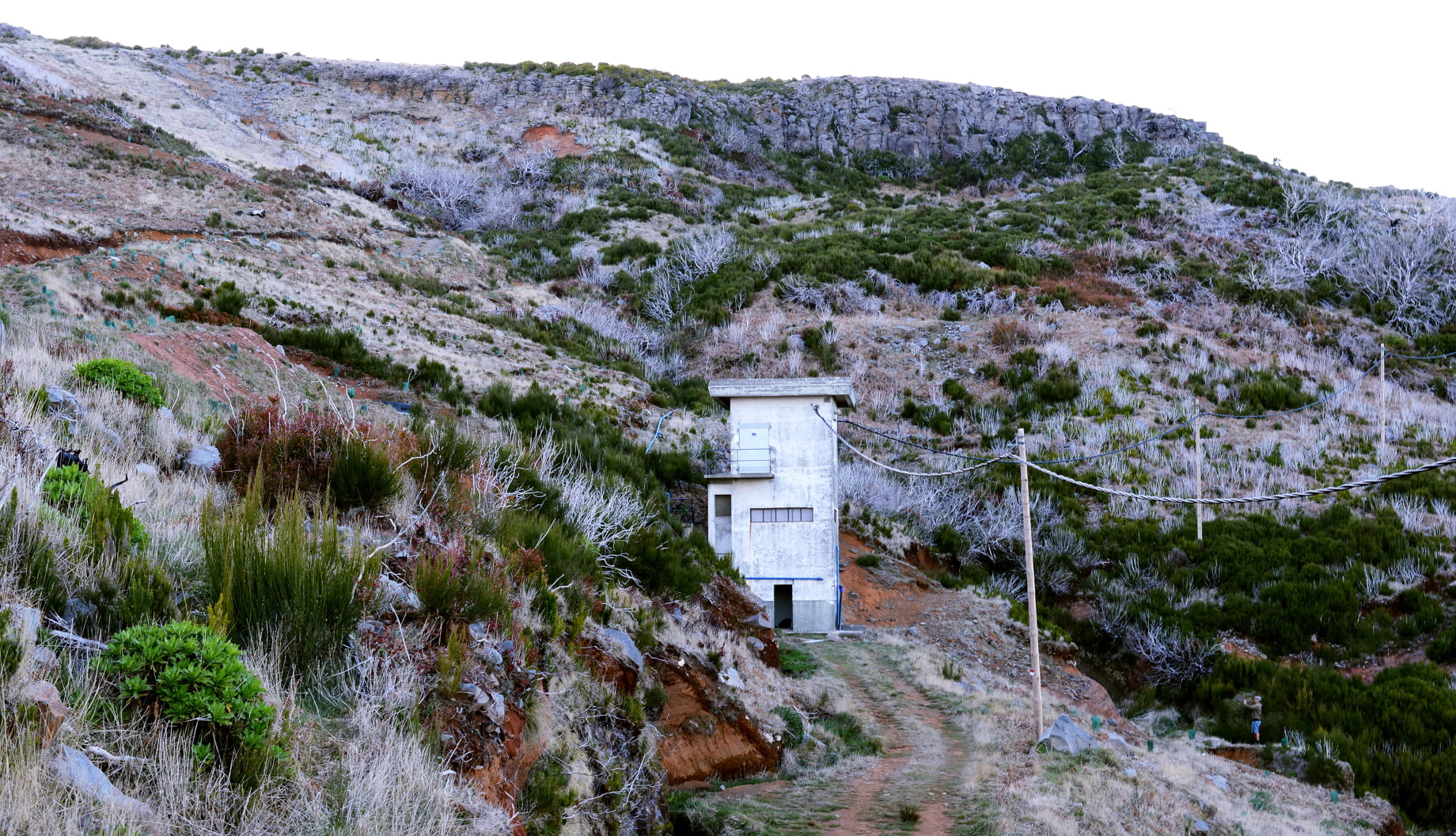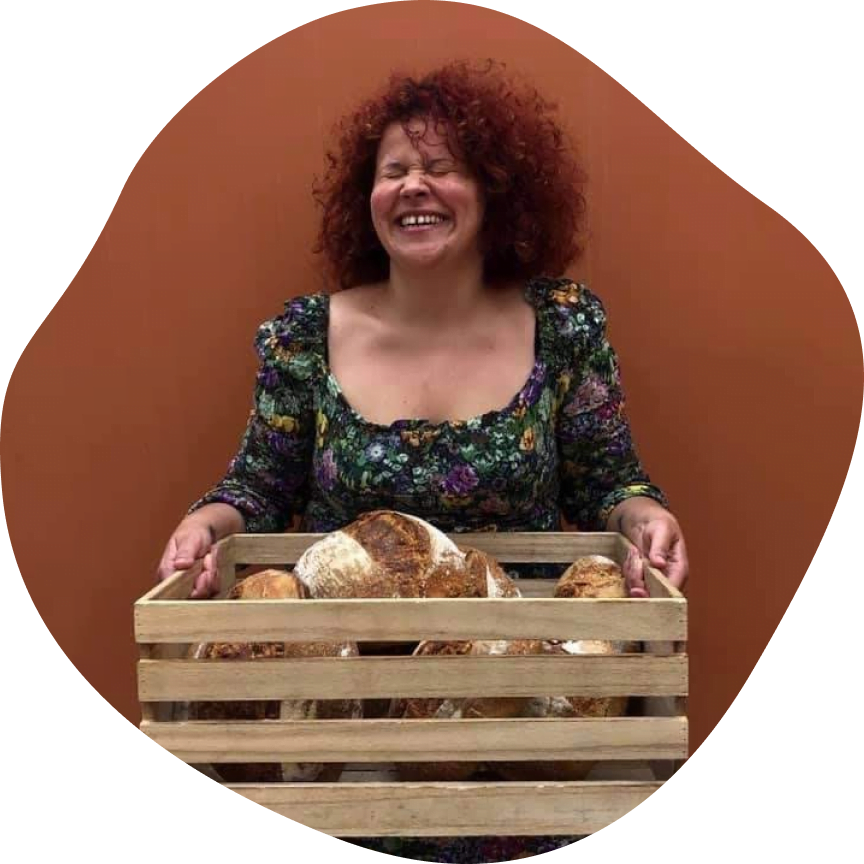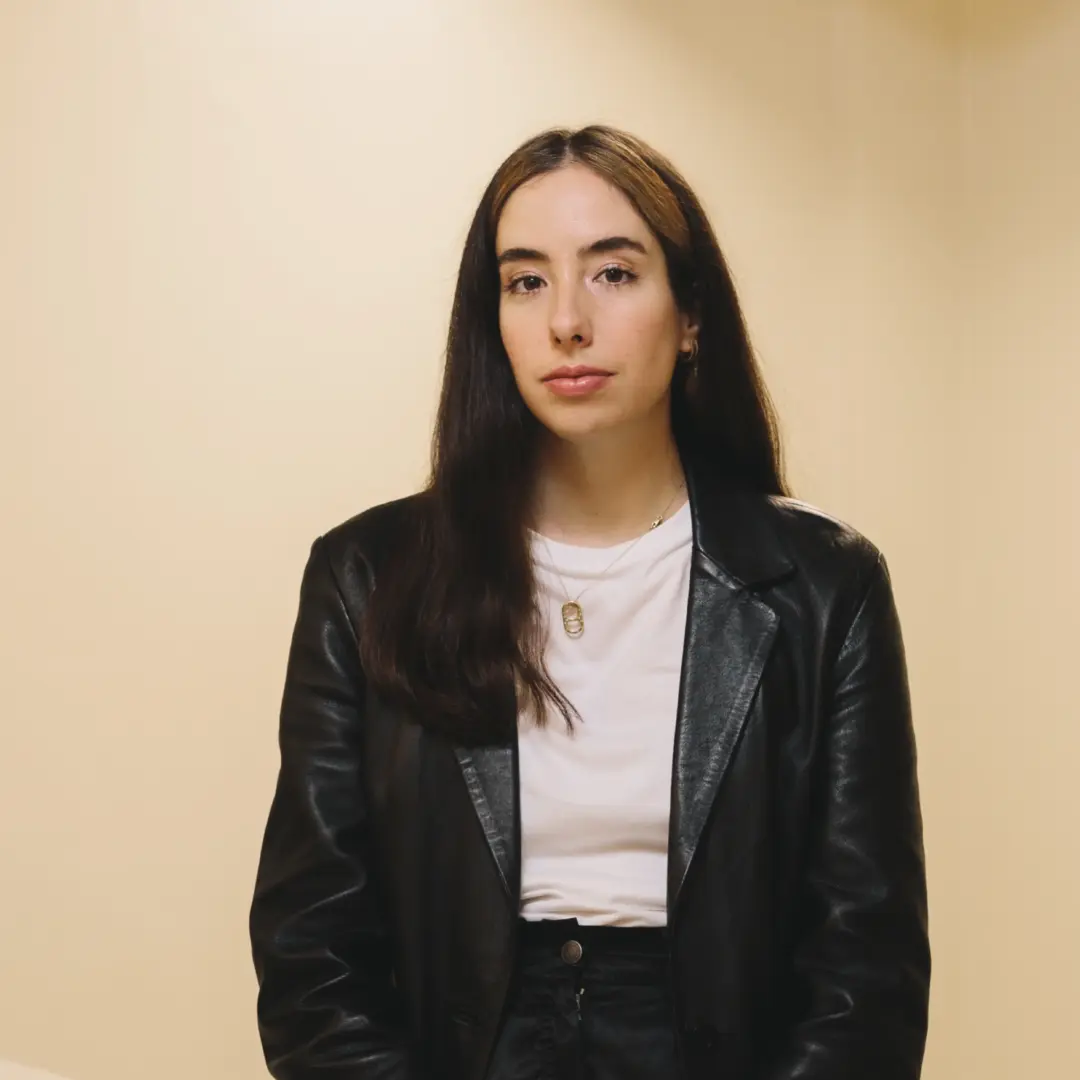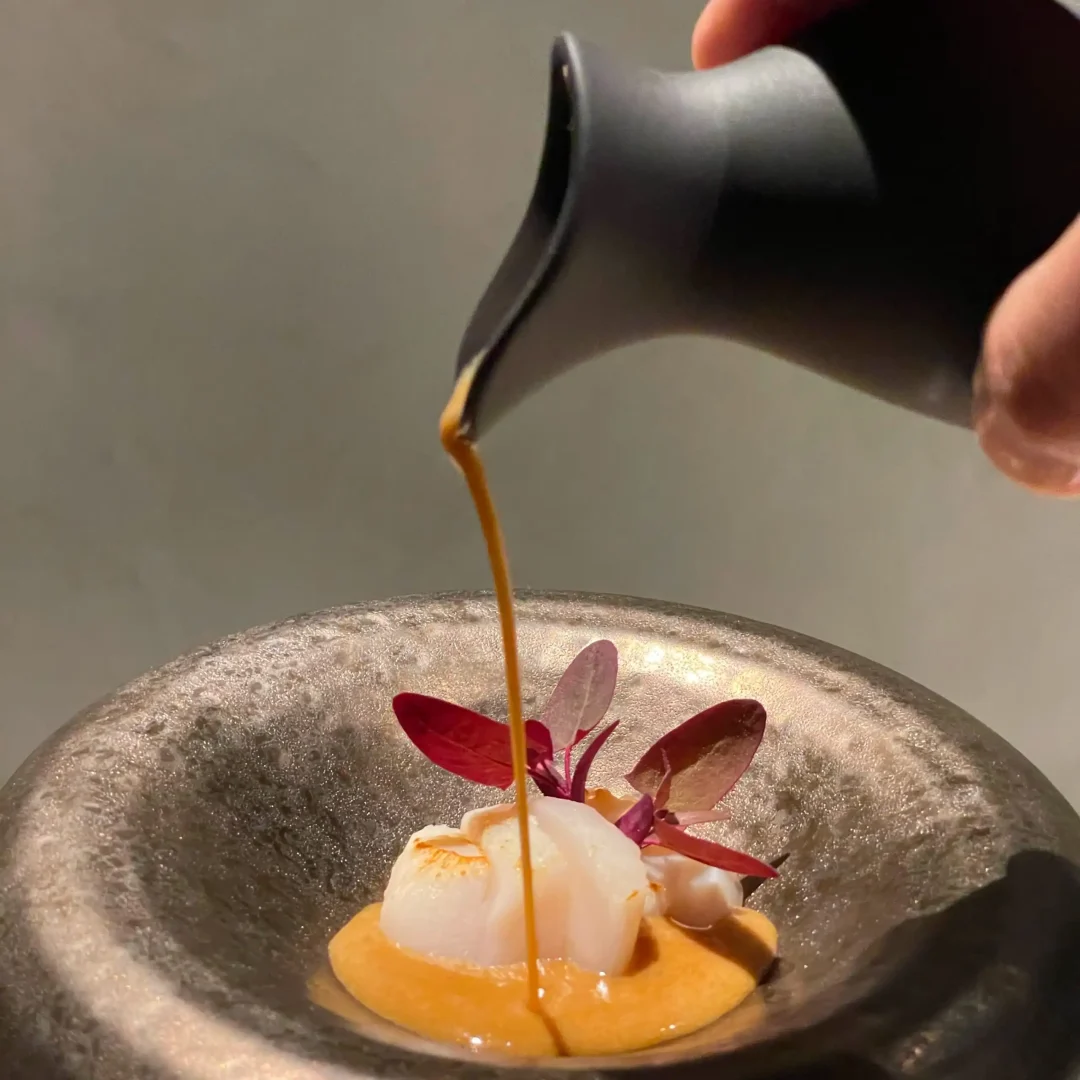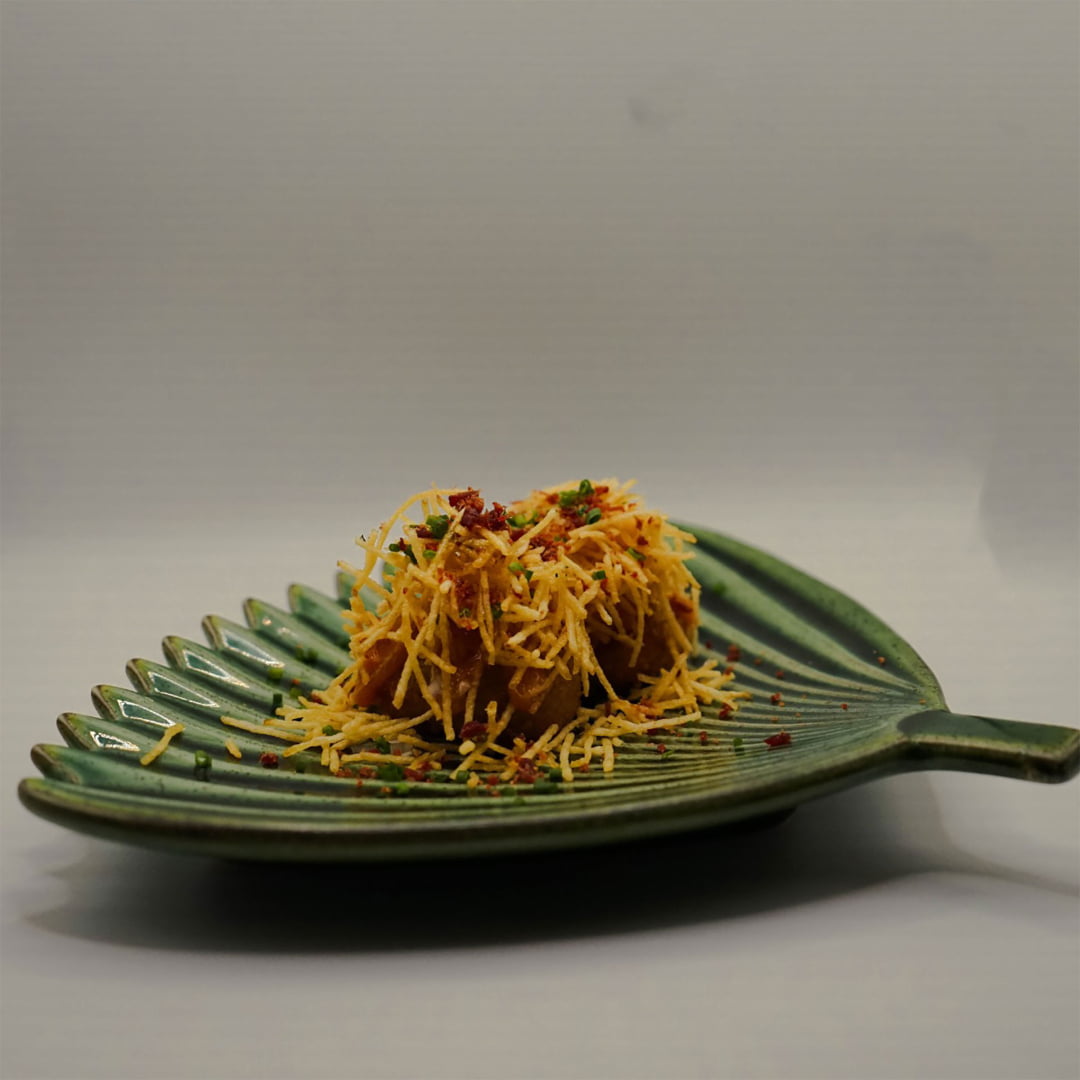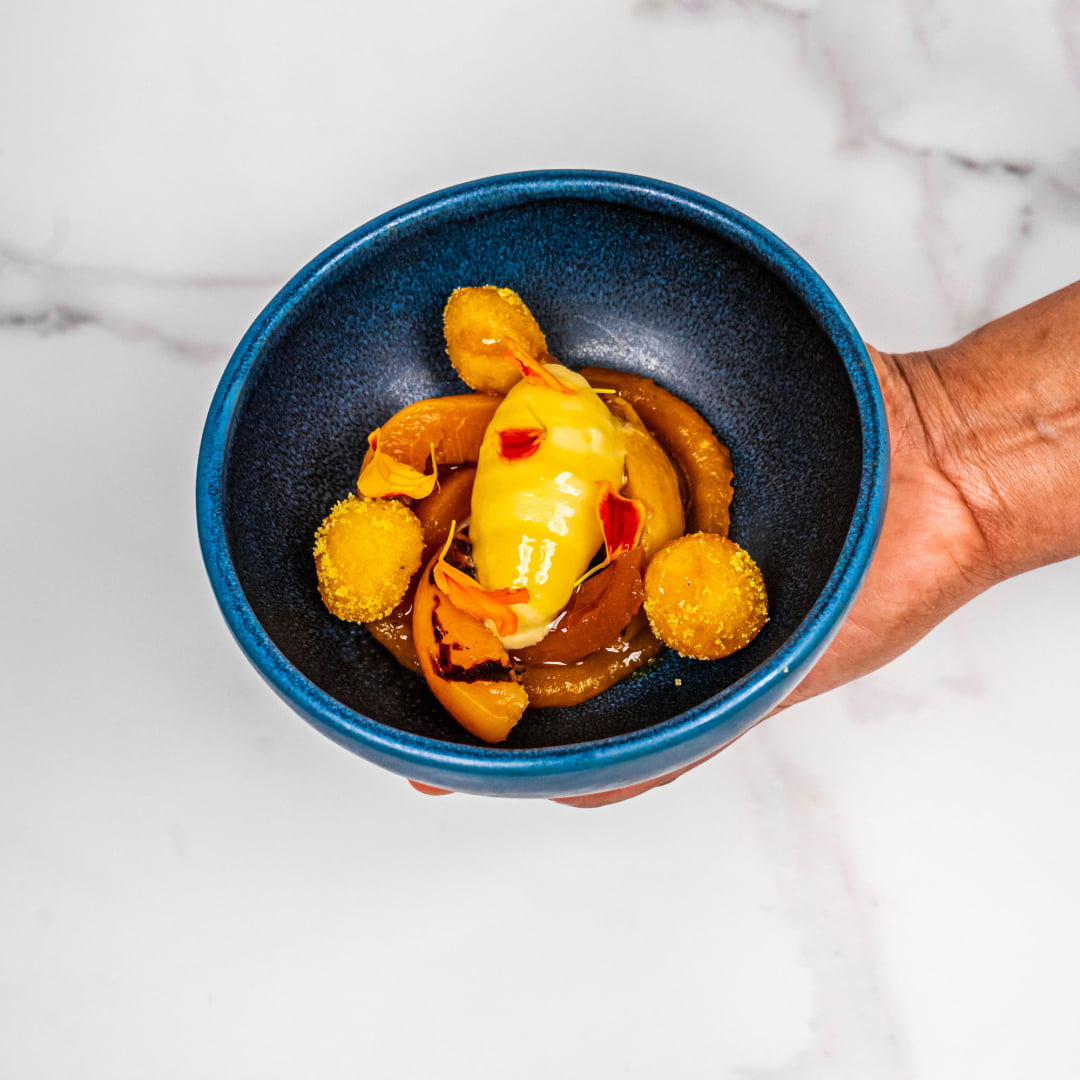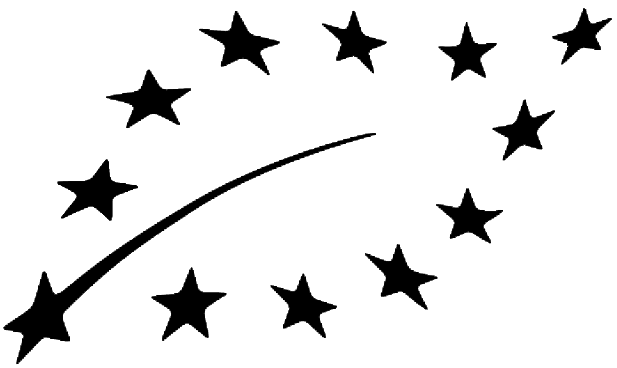Saramago and the exodus: a necessary encounter with the internal and external unknown
I’ve been thinking about the movement back to unknown places. To the unknown that is the Island, and to the unknown that we are.
Few people outside the island are aware of a phenomenon that all of us, inside it, experience: the exodus. Departure is necessary. Saramago used to say (this wise man would soon be 100 years old – I also stole his title, I hope you will forgive me): that “you have to leave the island to see the island”.
Most of us leave. At a strange age, young adulthood. That age when we are all a little silly and impressionable – a necessary evil – because we feel the island is too small for the body that has grown up, because the world of work is competitive, because the best colleges are far away, because it is urgent to grow. Little is said about the departure, those days without sea, those years in which the airport becomes routine, the farewells, life in different places and at two times: the island and the outside. The return is even less talked about. During the years away the island becomes mystical. It becomes the invented Island. The place where our childhood resides: the light days of youth without responsibilities or taxes and the memories of endless blue and green days, which taste like passion fruit and salt water.
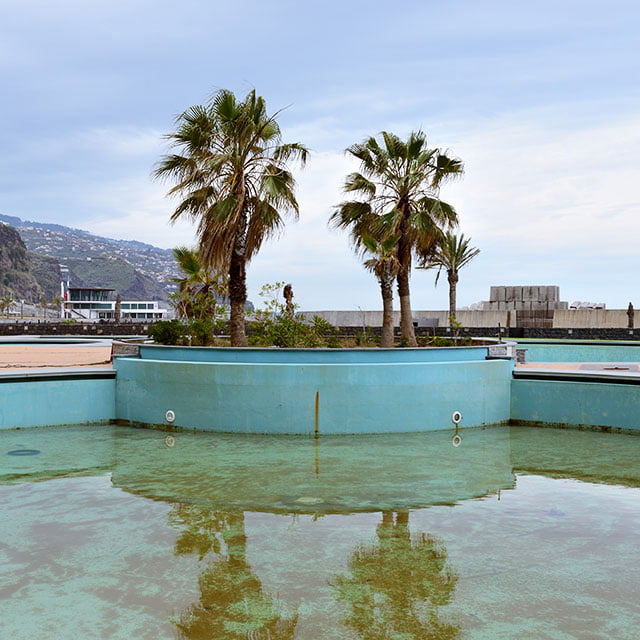
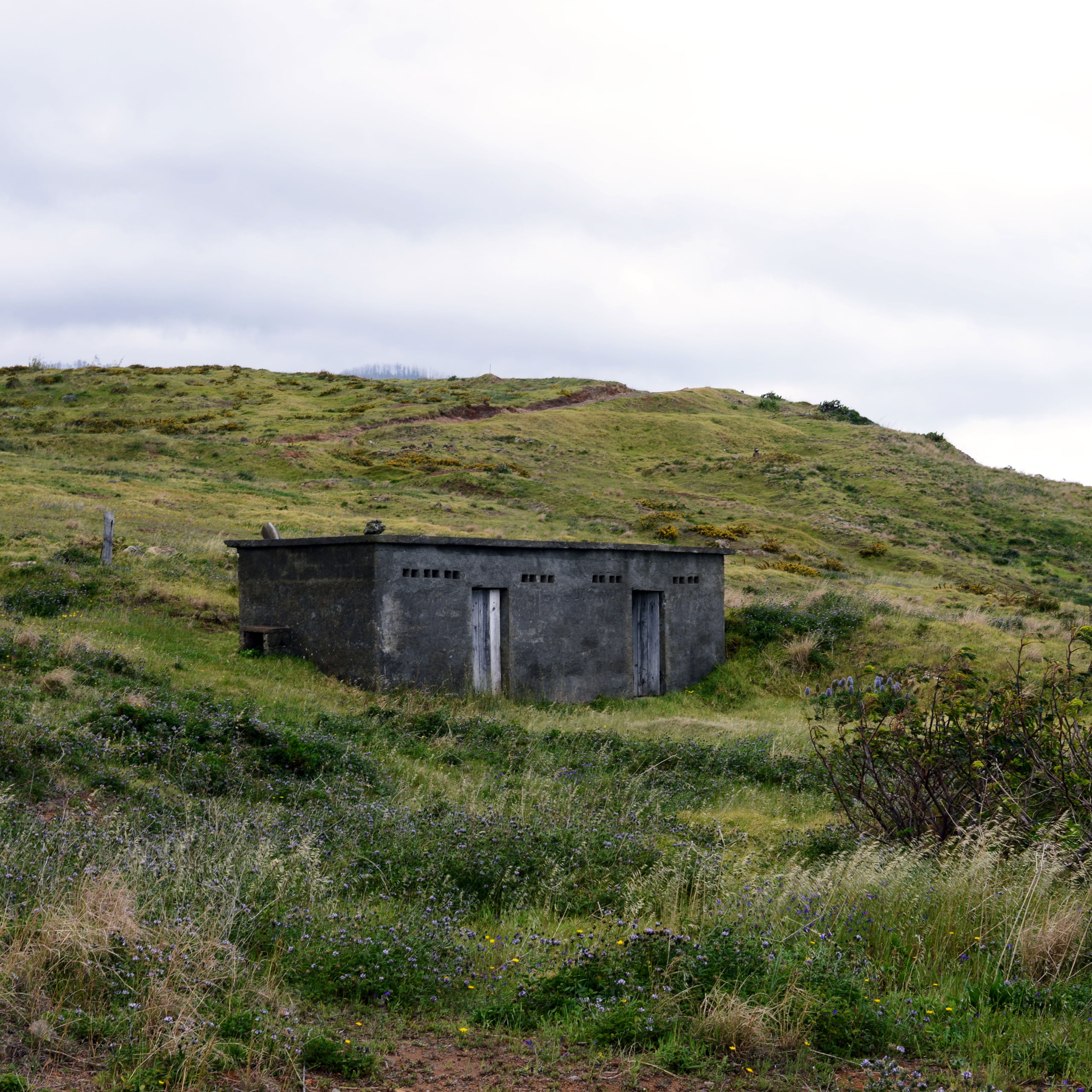
The return implies the breaking of this charm. It’s a good thing, to break the magic, drop the cloth and dispel the fumes. That’s when we see clearly. The return was, in retrospect, more shocking than the departure. After some time living in the capital, the Madeira dimension required a huge adjustment. Those who leave do not come back the same, they have devoured the world, they have traveled kilometer(h)meters and met people, they have changed.
And it should come as no surprise to find that the island remains the same. After all, time on the Islands is measured much more slowly than that of people. On the way back, the shock of reality: the delays at the post office, the very high customs duties, the standards of conservatism, the small mentalities, the sexism, the cronyism, the more expensive fruits in the supermarket, the problematic politics, even the literal high price to leave the island: all things that few of us knew before leaving. We were young and stupid, we didn’t know better. We returned foolish adults, but we see it clearly now.
When we come, there is also the imperative to meet our tribe as well. I was lucky. I arrived in Madeira in a phase of intense cultural expansion. He felt in the genesis air of a movement that still endures: that of those who do. In a small place, those that cause waves usually attract each other, in an attempt to protect the preciousness of finding similar ones in an arid environment. With some shyness and without defenses, we admit that we need each other, because this thing of returning to an invented place has a lot to say to it.
Today I consider myself part of an important community on the Island. We are cultural agents, actors, musicians, bakers and cooks, farmers and filmmakers, photographers, architects and sculptors, brewers, wine producers, educators, artists, mothers, fathers and dreamers, who in a fierce stubbornness believe in the island that has little enchanted, but is very charming. For us, the imperfect house, where many spend their holidays, is a vibrant place, full of energy and potential, deserving of all the effort to preserve its identity, while through cracks the world is allowed to enter, making it better. An invented island, which at its best, still has green and blue days that taste like sea and passion fruit.
A special thank you to Nuno Gonçalves @look.its.a.frame for the incredible photos he provided to illustrate this article.


